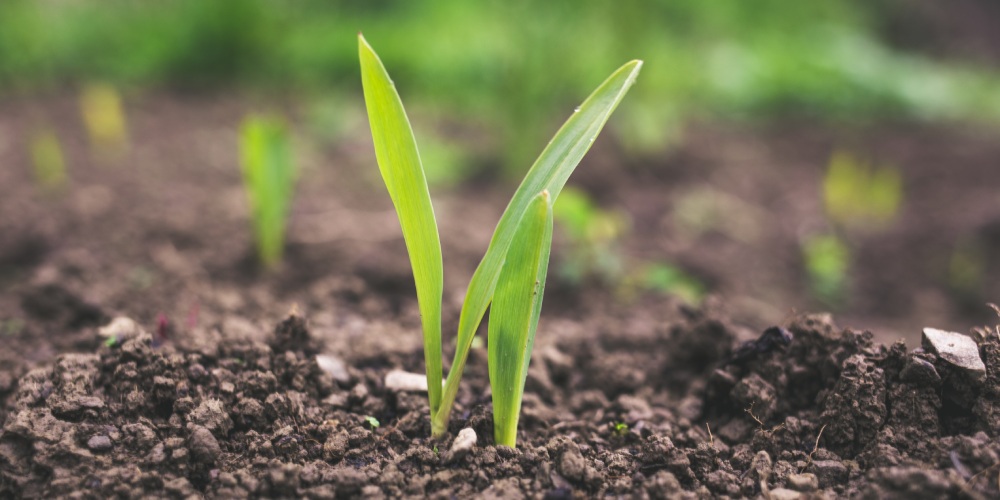Chilean entrepreneurs have successfully germinated grains like maize, wheat and barley at temperatures between -2°C and 50°C. They are now seeking to test the development in the field with a view to transforming it into an alternative in the face of water scarcity.

The discovery of a plant growing near the coast and the desire to “develop something important” prompted the creation of Graneros Lab, a research center in southern-central Chile’s O’Higgins Region that adapts seeds so they can be irrigated with seawater throughout their development process.
Juan Carlos Reyes, a 63-year-old business administrator from the Universidad del Norte and co-founder of Graneros Lab, reports that he and his twin brother, José Patricio, a marketing engineer from the same university, and agronomist Robert Vettiger, have successfully adapted seeds of field corn and sweet corn, wheat, oats, alfalfa and barley, converting them into “marine” seeds.
The research aims “to recover unproductive land that can create jobs and exponentially lower the cost of production in order to ensure food in a context of drought and climate change,” says Reyes.
He explains that they started by selecting a natural seed - for human and livestock consumption - and sowing it in a sandy substrate with raw earth. “Then, we began to water it with seawater and, in the first stage, the seed developed vegetatively, that is, it turned into a plant, but without producing seeds at this stage. However, in the second process, we continued to add seawater and achieved the reproductive state and therefore, the end product. The result was optimal,” says Reyes.
He reports that, after eight years of research, they now have seeds that can be planted in unproductive areas or land that is unusable due to natural conditions such as extreme temperatures and, at the same time, greatly reduce water use.
"These seeds can be planted in deserts, where the soil is normally saline-sodic, and are adapted to withstand temperatures between -2°C and 50°C. In addition, much less water is needed. A normal plant requires around 28 liters to sprout while these need only half a liter,” explains Reyes.
The next step, he says, is to obtain investment and implement the seeds in sectors of other regions of the country so as to develop the project in the field.
To find out more about opportunities for foodtech investment in Chile, see this article.
Source: Diario Financiero



%2017.11.51.png)

